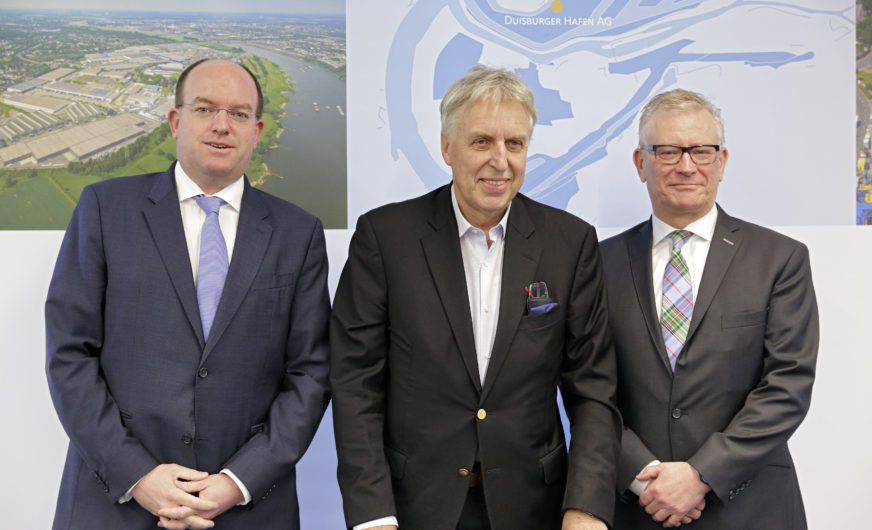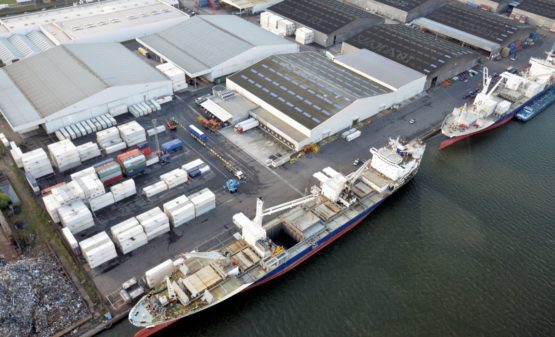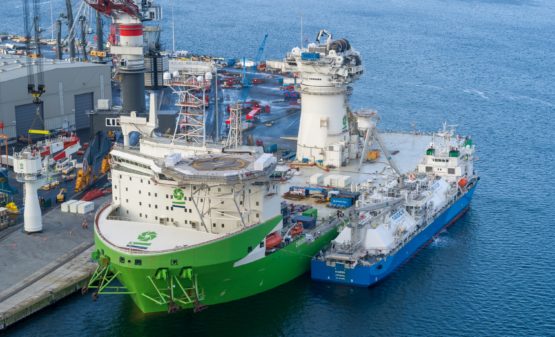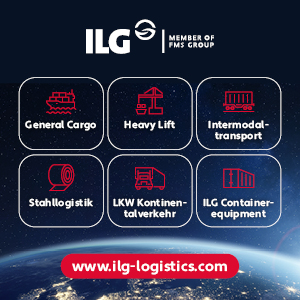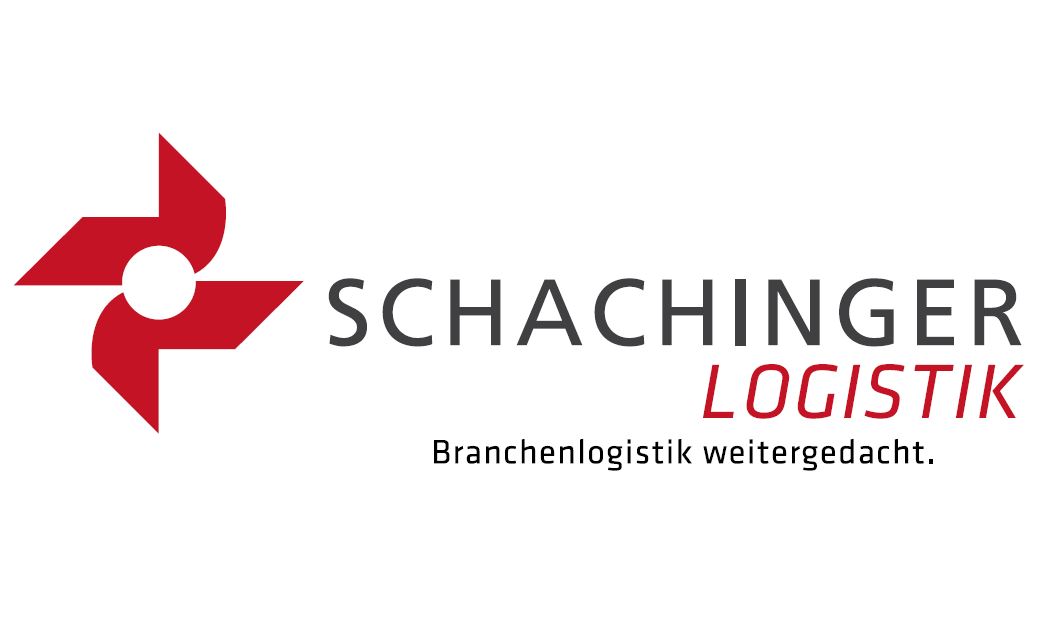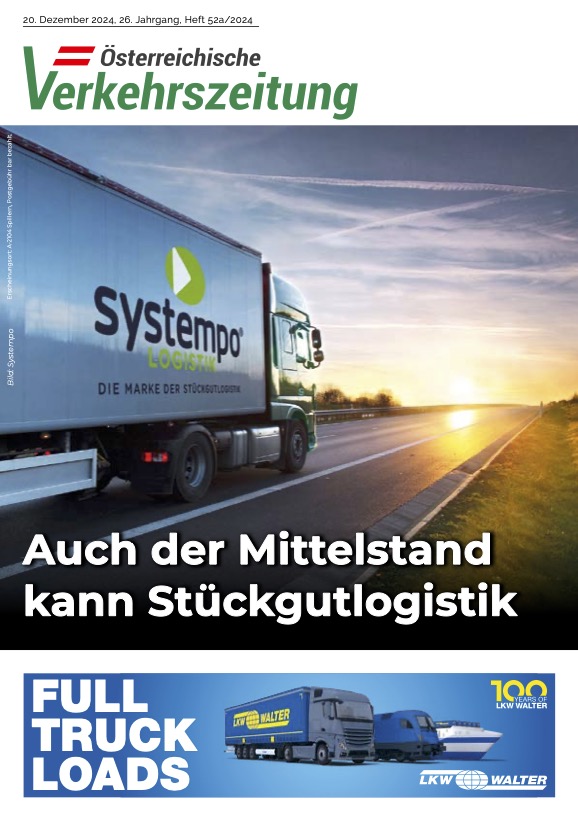The Rhine-Ruhr region is becoming a central hub for the trade along the “Silk Railroad” between the EU and China. Approximately 30 per cent of the trade between China and Europe transported by freight trains is processed in the Port of Duisburg, and more projects are in the pipeline.
Every week, 35 trains run between Duisburg and a dozen destinations in China. In the last financial year, approximately 130,000 TEU were transported on these trains. Cooperating with Chinese partners is supposed to lead to further growth along the corridors of the Silk Road in the interest of the German export economy. This was announced by the duisport group at the presentation of its annual report.
In this context, duisport is primarily involved in the construction of the world’s largest industrial and logistics park Great Stone near the Belarus city of Minsk. The consortium of European and Asian partners is working to reduce the transport time of the Chinese trains from currently 14 days to 10 days in the medium term.
The duisport group was able to maintain its position as a premium port in an increasingly difficult economic environment. In the 2018 business year, the company generated revenues of EUR 278.6 million. This is 11.6 per cent or EUR 28.9 million more than compared to last the figures of the previous year. The operating result (EBITDA) improved by 4.9 per cent from EUR 40.5 million to EUR 42.5 million. Net profit increased by 4.3 per cent from EUR 11.7 million in 2017 to EUR 12.2 million.
However, at the press conference Chief Executive Officer of Duisburger Hafen AG Erich Staake lowered the expectations for the current business year. “We cannot withdraw ourselves from global developments. Based on current RWI estimates, global container handling volumes dropped to 133.9 index points in February. In January, this figure was still at 138.2 This is the fourthlargest monthly decline observed to date. We are heading into rough waters.”
In this context, Staake also mentioned other uncertainties, which had a negative effect on group revenues in the past business year: The low water levels on the Rhine in 2018 and the questions surrounding Brexit are just two examples. Against this background, the positive figures for 2018 are “a successful result that might be difficult to repeat.”
Staake also emphasised the strict strategic focus on quality criteria. On an international level, duisport has established a leading position as a “premium port”. “The logistics parcels developed by us are premium locations. We also offer diversified and stable value chains,” he added.
This intense customer focus has made duisport a networking platform for logistics services. Erich Staake: “Our customers value this market position as a quality provider, and we will continue to develop this strategy at the global level.“
Of four duisport business divisions, the Infra and Superstructure segment generated sales revenues of EUR 54.4 million, which represents a 7.3 per cent increase compared to the previous year’s result (EUR 50.7 million). Revenues in the Logistic Services segment increased by 2.1 per cent from EUR 75.8 million to EUR 77.4 million. The largest business segment – Packing Logistics – reported growth of 7.6 per cent, from EUR 87 million to EUR 93.6 million. In the Contract Logistics segment, duisport generated sales revenues of EUR 24.2 million.
Total handling volumes, including private commercial ports, amounted to 127.5 million tonnes (2017: 130.6 million tonnes). This is a decline of 3 per cent. In the ports of the duisport Group, handling volumes declined from 68.3 million tonnes to 65.3 million tonnes.
Bulk material volumes declined by ten percent due to the low water levels. Particularly the handling volumes for iron, steel and coal declined, while the handling volumes for mineral oil and chemicals remained stable. Container handling, which accounts for 55 per cent of the handling volume and is duisport’s most important goods segment, reached the record level of the previous year with handling volumes of 4.1 million TEU.


